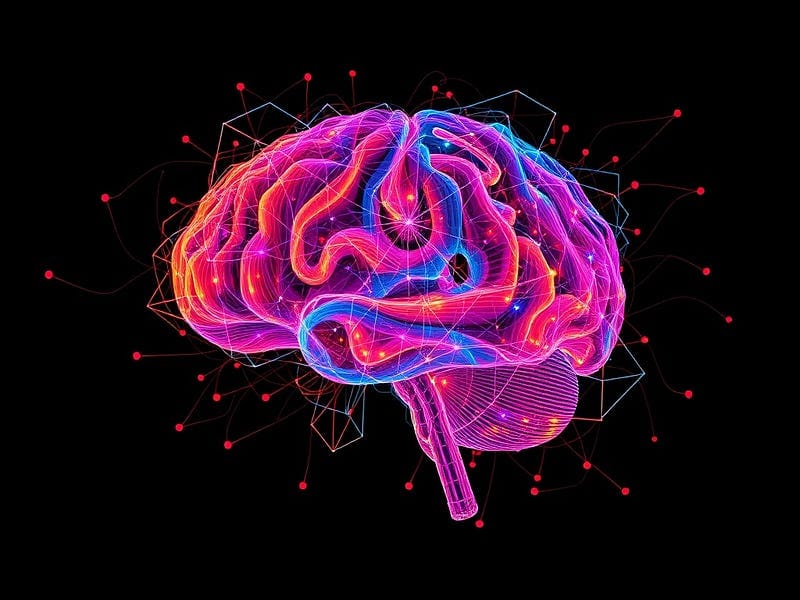The Constructed Reality of Artificial General Intelligence
In The Social Construction of Reality: A Treatise in the Sociology of Knowledge (1966), Berger and Luckmann assert that reality is not an…

In The Social Construction of Reality: A Treatise in the Sociology of Knowledge (1966), Berger and Luckmann assert that reality is not an objective truth but rather a subjective construction shaped by individuals and groups. Our understanding of the world stems from shared assumptions, meanings, and knowledge developed through societal interactions. Established social orders and ways of being emerge from habituated collective practices and reciprocal typifications among people.
This shared reality persists through an ongoing cycle — human experiences are externalized into the world, becoming objectified as external realities, which are then internalized by individuals. Fundamentally, Berger and Luckmann view reality as a dynamic process of social construction, continually interpreted and institutionalized through human interaction and the perpetuation of knowledge.
If our understanding of the world is shaped by collective human assumptions and knowledge-making practices, then the developers of Artificial General Intelligence (AGI) cannot be separated from the social, cultural, and institutional contexts that influence their realities and worldviews. The values, biases, and blind spots of the individuals and organizations building AGI will inevitably shape the knowledge foundations and assumptions built into the systems.
- AGI’s capacity to become a general intelligence will depend on its ability to internalize, interpret, and construct an understanding of the world in ways that parallel human socio-cognitive processes. If reality emerges through shared meaning-making, then truly general AI will need architects who deeply understand human knowledge's intersubjective, constructive nature that is grounded in diverse forms of moral reasoning.
- Moral reasoning can be influenced by various factors, including personal experiences, cultural norms, religious beliefs, and philosophical perspectives. It may involve logical analysis, emotional intuition, consideration of consequences, or adherence to universal moral principles. Different theories and approaches, such as consequentialism, deontology, and virtue ethics, offer moral reasoning and decision-making frameworks.
- The risk of encoded biases and distortions in AGI’s knowledge bases raises concerns about whose realities and institutionalized knowledge get privileged or marginalized in the creation of these systems that could reshape society itself.
- Ultimately, once developed, AGI’s general intelligence capacities may allow it to participate in constructing new collective realities in interaction with human societies in transformative ways we cannot yet fully anticipate.
Realizing trustworthy and beneficial AGI will require deeply grappling with the socially constructed nature of knowledge and reality itself. As we pursue Artificial General Intelligence, we must be critically conscious of the various diverse subjective lenses through which we code “reality.”



